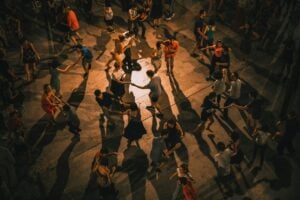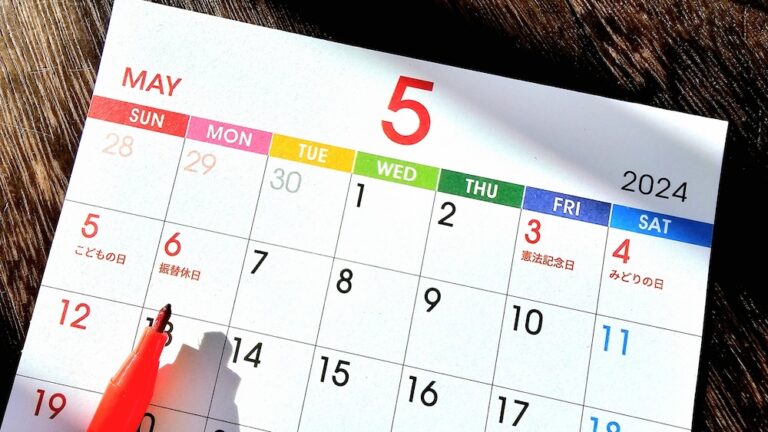
For a country with a reputation for having such an intense work culture, Japan has a surprising amount of public holidays. Confusingly, there are also some holidays celebrated that aren’t actual public holidays at all. Even if you’re working for a company where you don’t get public holidays off, it’s good to know when holidays are coming up as they can greatly affect things like public transport or busy periods.
Historically, the majority of public holidays in Japan fell on specific dates, however in the late 1990s and early 2000s, a series of modifications to laws saw a number of holidays moved to Mondays in order to facilitate long weekends for people working a traditional week. One thing to keep in mind regarding working in Japan is that while many companies do provide days off on public holidays, there is no legal obligation for them to do so. If you’d like to learn more about taking time off in Japan on public holidays, you can see more at this article
In this article, we take a look at all of the public holidays in Japan, when they fall and what their origins are.
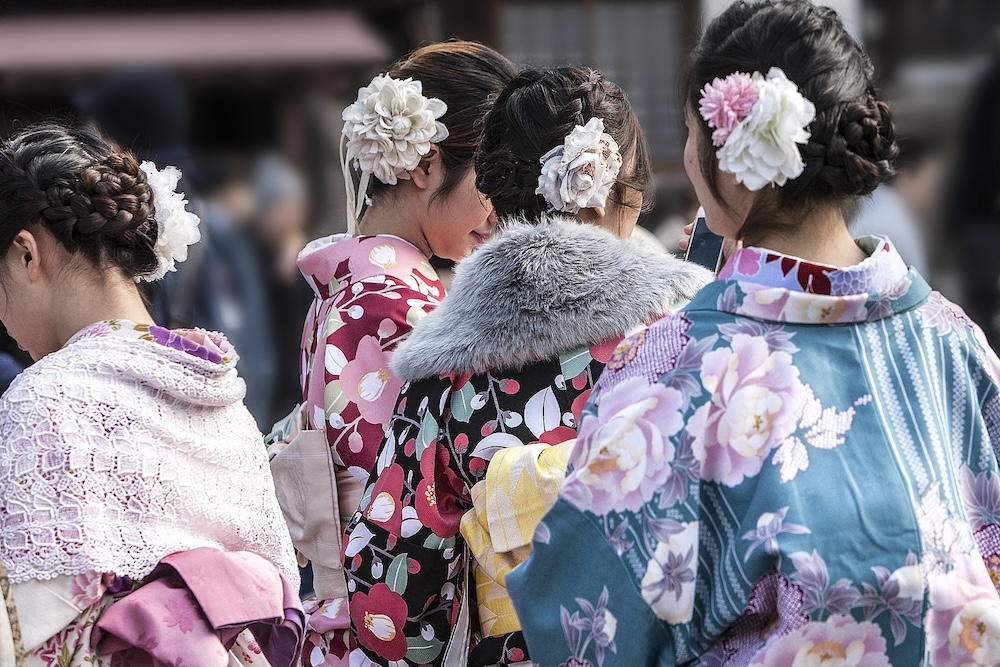
Coming of Age Day (2nd Monday of January)
Coming of Age day celebrates young people becoming recognised as adults. For a long time this was at the age of twenty years old, however the age of majority was dropped to eighteen years old in 2022. Despite this, almost all prefectures in Japan still currently hold coming of age ceremonies for those who have turned twenty years old and many young people attend these ceremonies on the day.
National Foundation Day (February 11)
National Foundation Day celebrates the founding of Japan as a nation. The date February 11 is the date of the first Japanese emperor Jimmu’s ascension to the throne in 660 BC as written in Japan’s oldest historical texts. Emperor Jimmu remains a legendary figure with little historical evidence supporting his existence, however, this is seen as a very important date in Japan and also happens to be the day that the Meiji Constitution was put into effect in 1889. There are no formal government celebrations for this particular holiday but some cities and shrines throughout Japan hold events for it.
The Emperor’s Birthday (February 23)
This holiday is self-explanatory and is held to celebrate the birthday of the current Emperor, Naruhito. A small ceremony is held at the Tokyo Imperial Palace where the emperor makes a brief public appearance. This is followed later in the evening when the emperor makes a brief statement on television.
Vernal Equinox Day (March)
This holiday celebrates the equinox, when day and night are exactly the same length of time. As the day does change from year to year, the actual holiday date is usually declared the year before though it typically happens around the 20th of March. This holiday ties in with Ohigan which is a buddhist holiday similar to Obon. Ohigan is celebrated twice a year for three days around the time of both the Vernal Equinox and the Autumnal equinox and is traditionally a time to pay respect to one’s ancestors. That said, while the equinoxes are public holidays, Ohigan is not.
Showa Day (April 29)
This day celebrates the reign of the Showa emperor, Hirohito who was the emperor from 1926 to 1989. The day is seen as a time to reflect on that period as Japan underwent massive changes as a nation during the Showa era including World War Two and Japan’s postwar reconstruction.
Constitution Memorial Day (May 3)
This holiday commemorates the Constitution of Japan which came into effect on this date in 1947. This day is part of what is known as Golden Week, which is a series of consecutive holidays that allow people to take more time off than usual. This does vary depending on which days the holidays fall on. Years where the holidays fall on weekends sometimes mean that Golden Week can end up being just a slightly longer weekend.
Greenery Day (May 4)
Greenery Day is a day to appreciate nature, however its origins are a little confusing. It was formerly the Showa emperor’s birthday public holiday on April 29th but after he passed away, it was renamed Greenery Day as a tribute to his love of plants. Later it was moved to the 4th of May in order to make room for a new holiday dedicated to the Showa emperor – Showa day.
Children’s Day (May 5)
Children’s Day is the last day of Golden Week and is a day to wish good luck to children. This was originally a day for male children only but has officially been for both boys and girls since it became an official public holiday in 1948. One thing that is commonly seen on children’s day are carp streamers (koinobori) which are fish shaped flags displayed outside people’s homes. These were originally meant to symbolize the number of male children in a household but can now represent all children. Another tradition is the display of miniature samurai armor and helmets in the household to grant protection to the household’s children.
Marine Day (3rd Monday of July)
Marine Day is a day to give consideration to and to celebrate the ocean. As it occurs during summer, many people in Japan take this as a good opportunity to visit the beach or other bodies of water.
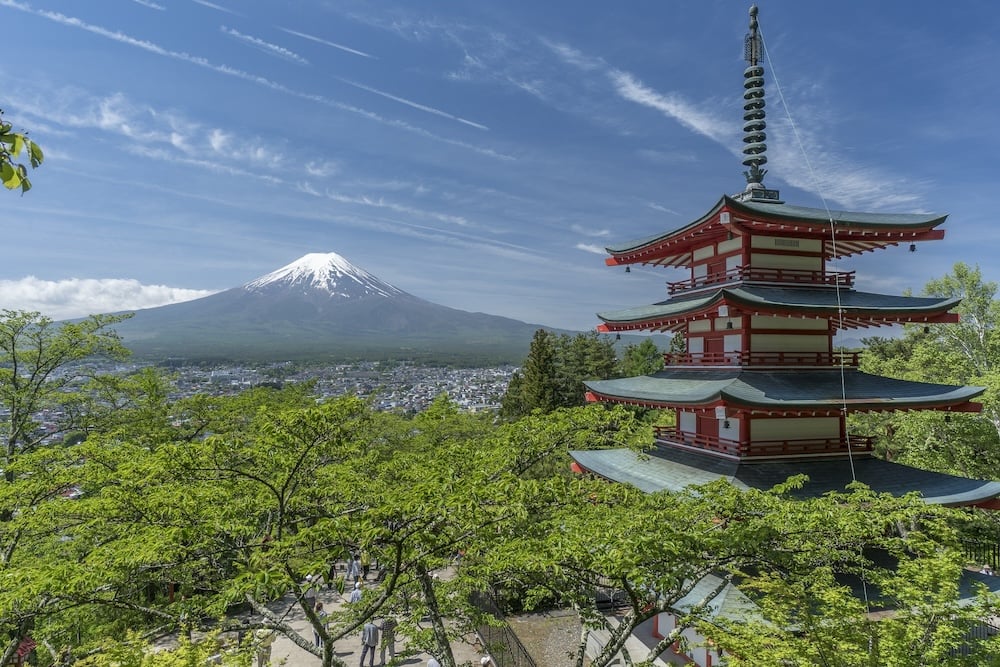
Mountain Day (August 11)
Like the other days that celebrate parts of nature, Mountain day is a day to show appreciation for the mountains of Japan. This is actually a fairly new holiday in relation to many others on this list in that it first came into effect in 2016.
Respect for the Aged Day (3rd Monday of September)
This is a day to celebrate older people in Japan along with their contributions to society. Many people take this as an opportunity to visit older people in their family.
Autumnal Equinox Day (September)
The Autumn version of Vernal Equinox day, this holiday celebrates the second equinox of the year. Again, this holiday ties into the Buddhist holiday of Ohigan and as part of this tradition, many people visit their family graves to clean them and pay respect to deceased relatives. The date of this changes each year but it usually occurs in late September.
Sports Day (Second Monday of October)
Sports Day is a day to promote and encourage sport in Japan and was started to commemorate the 1964 Tokyo Olympic Games. Though a typical public holiday in most respects, many communities, schools and companies hold sports related events on Sports Day.
Culture Day (November 3)
This is a day to celebrate the arts and culture in Japan. Various communities and cultural organizations hold events on this day and the emperor also awards the Order of Culture, one of the highest honors that can be bestowed by the imperial family of Japan.
Labor Thanksgiving Day (November 23)
This is a day to show appreciation to other people in general in Japanese society and to celebrate production. Labor Thanksgiving day is actually a renamed harvest festival that stretches all the way back to very early times called Niiname-sai. While the day at large is dedicated to its modern usage, the traditional niiname-sai ritual, in which the emperor participates, is still held at the imperial palace and at a very small number of major shrines throughout the country.
New Year (January 1st)
Probably the most important public holiday in modern Japan is New Year. Many companies shut down during this period and people take the time to visit their hometowns and families. There are many traditions associated with Japanese New Year and you can read about them in more detail here:
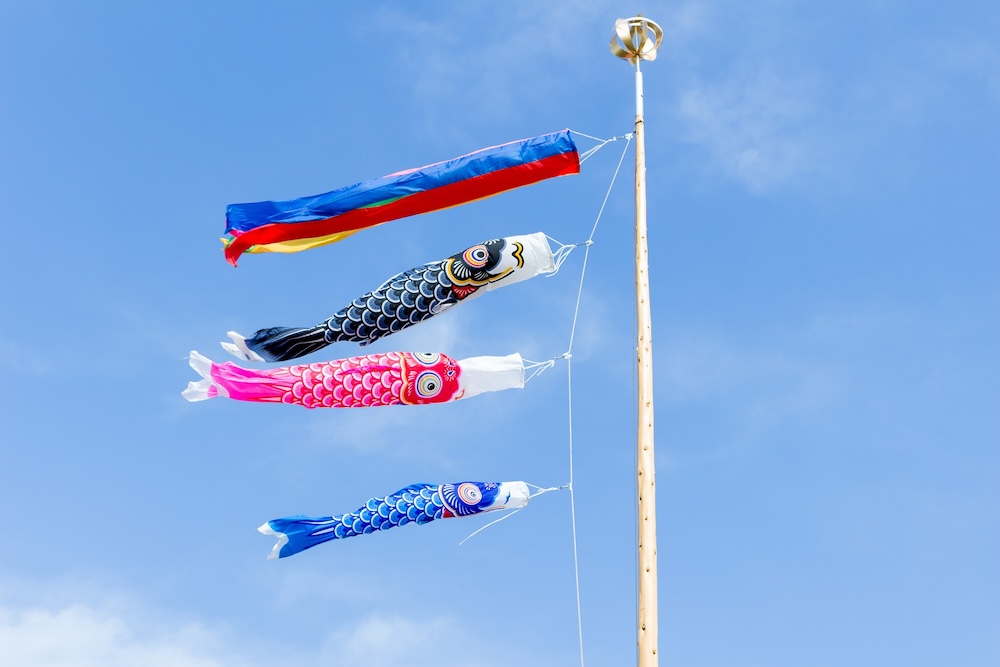
Holidays That Aren’t Public Holidays
There are also a number of holidays celebrated in Japan that aren’t public holidays, mostly tied to Buddhism or Shinto. These include Obon which is typically celebrated in mid-August. During Obon, people typically return to their hometowns in order to pay their respects to their deceased ancestors. There are many traditions and festivals associated with Obon and though it isn’t a public holiday, it is common for people to take time off at this time to visit their hometowns. As such, Obon can be a very busy period in terms of travel.
Another holiday that isn’t a public holiday is Hinamatsuri, also known as Girl’s Day. This is a Shinto holiday that takes place in March and is a holiday dedicated to wish for the health and good luck for female children. Though not a public holiday, it is celebrated through the display of special dolls in the household.
As we can see, Japan has no shortage of public holidays, many of them celebrating seasonal events or to show a general appreciation of nature. Even though some holidays hold less tradition than others, most people in Japan look forward to them as precious time off in a country that has a famously strict work culture. If you’re working for a company that allows public holidays off, there are a lot of them for you to enjoy.







